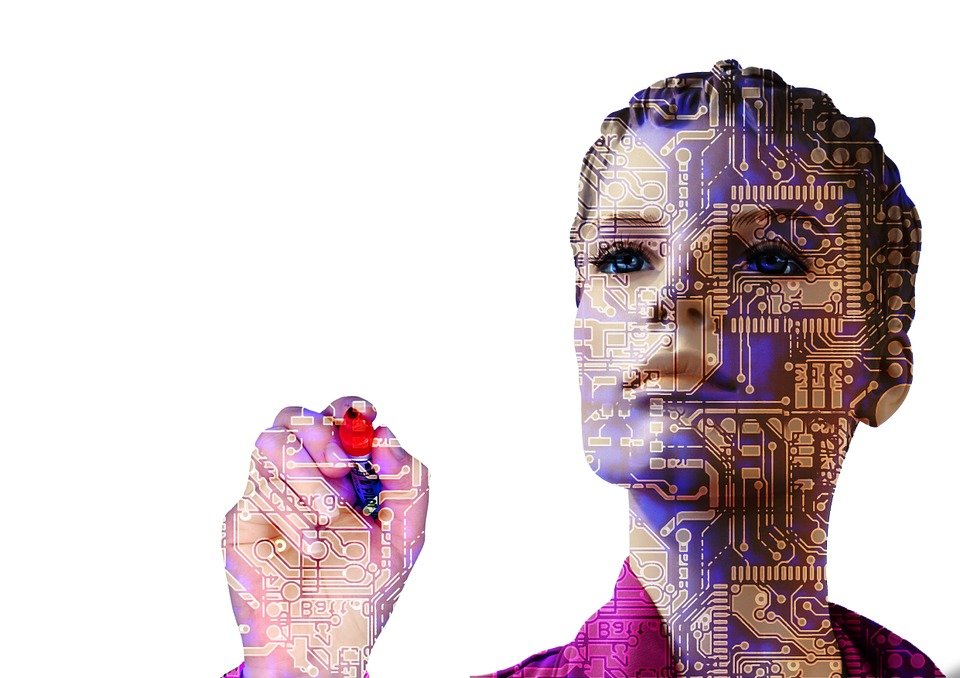
Facebook has announced that it is opening two new artificial intelligence lab in Pittsburgh and Seattle. The company after hiring three AI and robotic professors from the University of Washington and Carnegie Mellon University hopes that these researchers from this University will help recruit and train other AI experts in the two cities.
As it builds these labs, Facebook which already operates AI labs in Silicon Valley, New York, Paris and Montreal is establishing two new fronts in a global competition for talent.
Facebook’s director of A.I. research, Yann LeCun, says that that company’s goals have been misinterpreted. Rather than poach qualified experts from universities, Facebook is hoping to create a model where both the public and private sectors can benefit.
“Professors gain a different type of experience in industry that can have a positive impact on their students and on their research,” LeCun said. “Additionally, their connection with industry helps produce new scientific advances that may be difficult to achieve in an academic environment, and helps turn those advances into practical technology. Universities are familiar with the concept of faculty with part-time appointments in industry. It is common in medicine, law, and business. ”
LeCun stressed that the company’s goal with its FAIR program was to create a healthy partnership between Facebook and the universities which contributed to its research labs.
“Unlike others, we work with universities to find suitable arrangements and do not hire away large numbers of faculty into full-time positions bottled up behind a wall of non-disclosure agreements,” he added. “We contribute to local ecosystem.”
Facebook itself has plenty of reasons to be investing in A.I. Many of the company’s latest initiatives, such as photo and video sorting ,are reliant on machine learning. The social network is also experimenting with A.I. that can read text in order to help filter out hate speech and extremist organizations.




